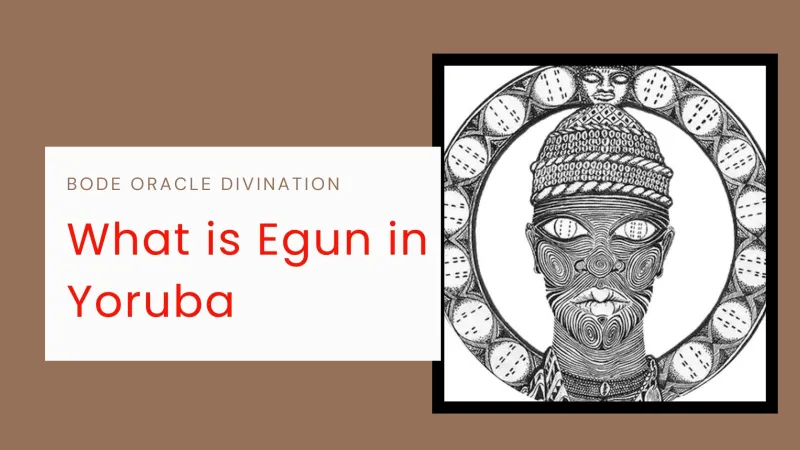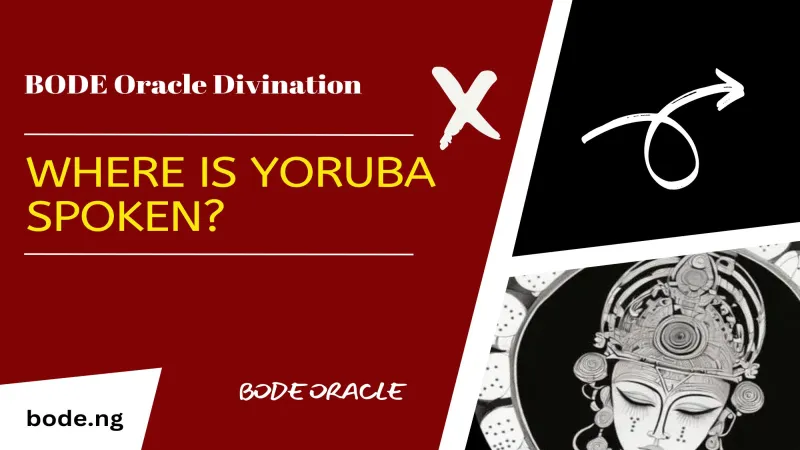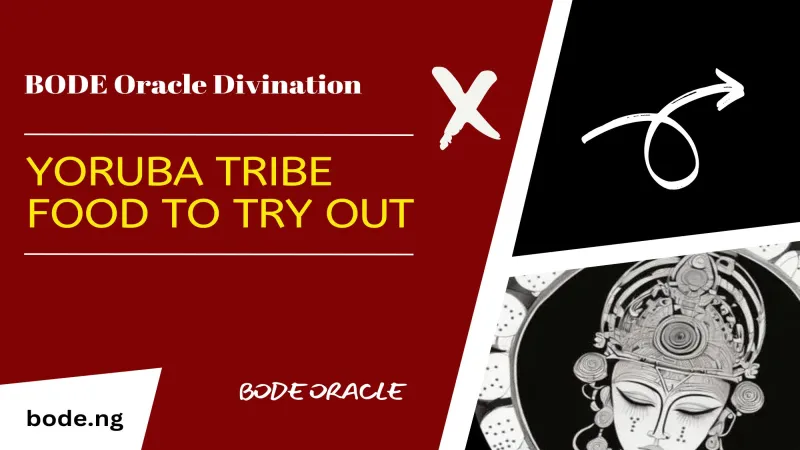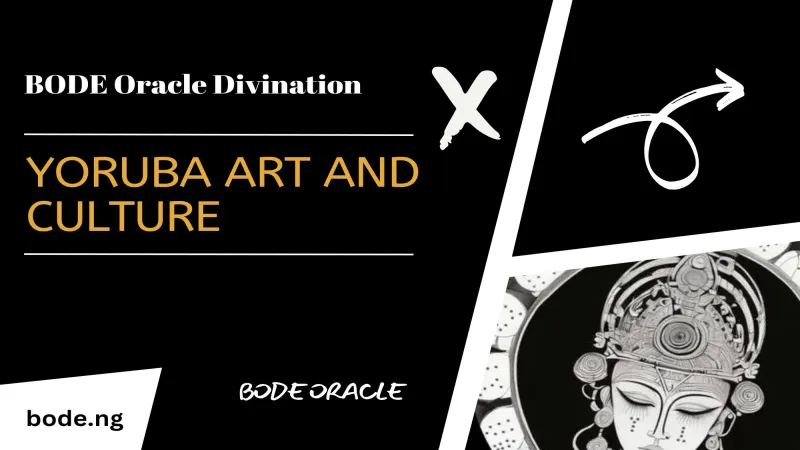In Yoruba cosmology, Egún is a term that holds profound significance. It translates to "ancestors" and, in a slightly different tone, also means "bones."
This linguistic duality highlights the connection between the ancestors and the human body, emphasizing the deep bond between the living and their forebears.
The Yoruba belief in Egún emphasizes that the ancestors are not just figures of the past but active participants in the lives of their descendants. Through rituals and ceremonies, they guide, protect, and bless the living.
This interconnectedness between the spiritual and physical realms is central to Yoruba cosmology. Egún are considered custodians of wisdom, tradition, and spiritual power.
They embody the collective knowledge of a lineage and are seen as essential to the survival and growth of their descendants. By maintaining this connection, the Yoruba preserve their cultural heritage and ensure the continuity of their spiritual practices.
People Also Read
All What To Know About Esu Yoruba
Brazil Yoruba And The Yoruba in Brazil
Who Are the Egún?
Egún refers to blood-related ancestors, as well as influential figures such as teachers, mentors, freedom fighters, and revolutionaries. These individuals have transitioned into the spiritual realm, entering Ancestorhood, a continuation of existence beyond physical life.
In Yoruba belief, death is not static but a transformation, with the possibility of reincarnation woven into the Indigenous Yoruba cosmology. The concept of reincarnation, known as Atunwaye, underscores the cyclical nature of life.
Ancestors are believed to return to the physical realm through their descendants, creating an unbroken chain of existence. This belief reinforces the idea that death is not an end but a transition, a bridge to a new beginning.
Reincarnation is viewed as a way for Egún to continue influencing the world, passing down their wisdom, strength, and values. It also deepens the responsibility of the living to honor and respect their ancestors, as they are seen as the vessels through which the ancestors' legacy persists.
Read More
Yoruba Tribal Markings And Cultural Significance
Egún in Afro-Cuban Spirituality
In the Afro-Cuban spiritual-religious tradition Regla de Ocha-Ifá (Lukumí), which evolved from the Yoruba spiritual practices in Nigeria, the concept of Egún is deeply revered.
Practitioners inherit Egún through initiation, a process that signifies spiritual rebirth into a specific family network. This lineage connects the individual to their spiritual family and their ancestors, reinforcing the continuity of life and legacy.
Cosmology represents a people's understanding of the universe and their place within it. It encompasses their practices, values, and guiding principles. For the Yoruba, ancestors, and spirituality are integral to this cosmology.
In Ifá rituals, ceremonies, and initiations, Egún is considered the first line of defense. Through divination, their permission is sought before proceeding with any spiritual undertaking.
See More Trending Posts
Yoruba Alphabet And Pronunciation
Yoruba Mythology Deities And Orisa
Ifa Yoruba A Global Spiritual Practice
Oriki Egún: Invoking the Spirit of the Ancestors
Oriki Egún are invocations that honor the collective spirit of the ancestors. While a single ancestor is referred to as Ara Orun ("person in the realm of ancestors"), Egún represents the collective memory and spirit of all ancestors in one’s lineage.
These invocations serve as a bridge between realms, allowing communication and blessings from the ancestors. In Ifá tradition, the Odu Oyeku Meji is marked twice on an Ifá tray during these invocations.
The first mark acts as a portal to Orun (the ancestral realm), while the second mark symbolizes a return to Aye (the earthly realm). These rituals are performed during public ceremonies, initiations, or as part of offerings prescribed by divination.
The significance of Egún extends beyond traditional Yoruba communities, influencing Afro-diasporic cultures across the world. In regions like the Caribbean, South America, and North America, descendants of enslaved Africans have preserved and adapted Yoruba spiritual practices, keeping the legacy of Egún alive.
In contemporary times, the reverence for ancestors has also become a source of resilience and empowerment. By acknowledging the sacrifices and achievements of those who came before, individuals and communities find the strength to navigate challenges and uphold their heritage.



